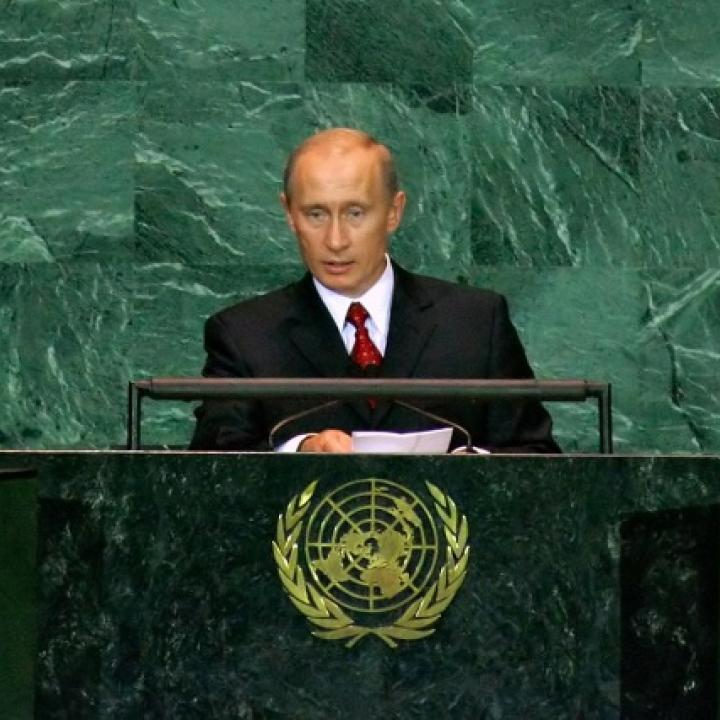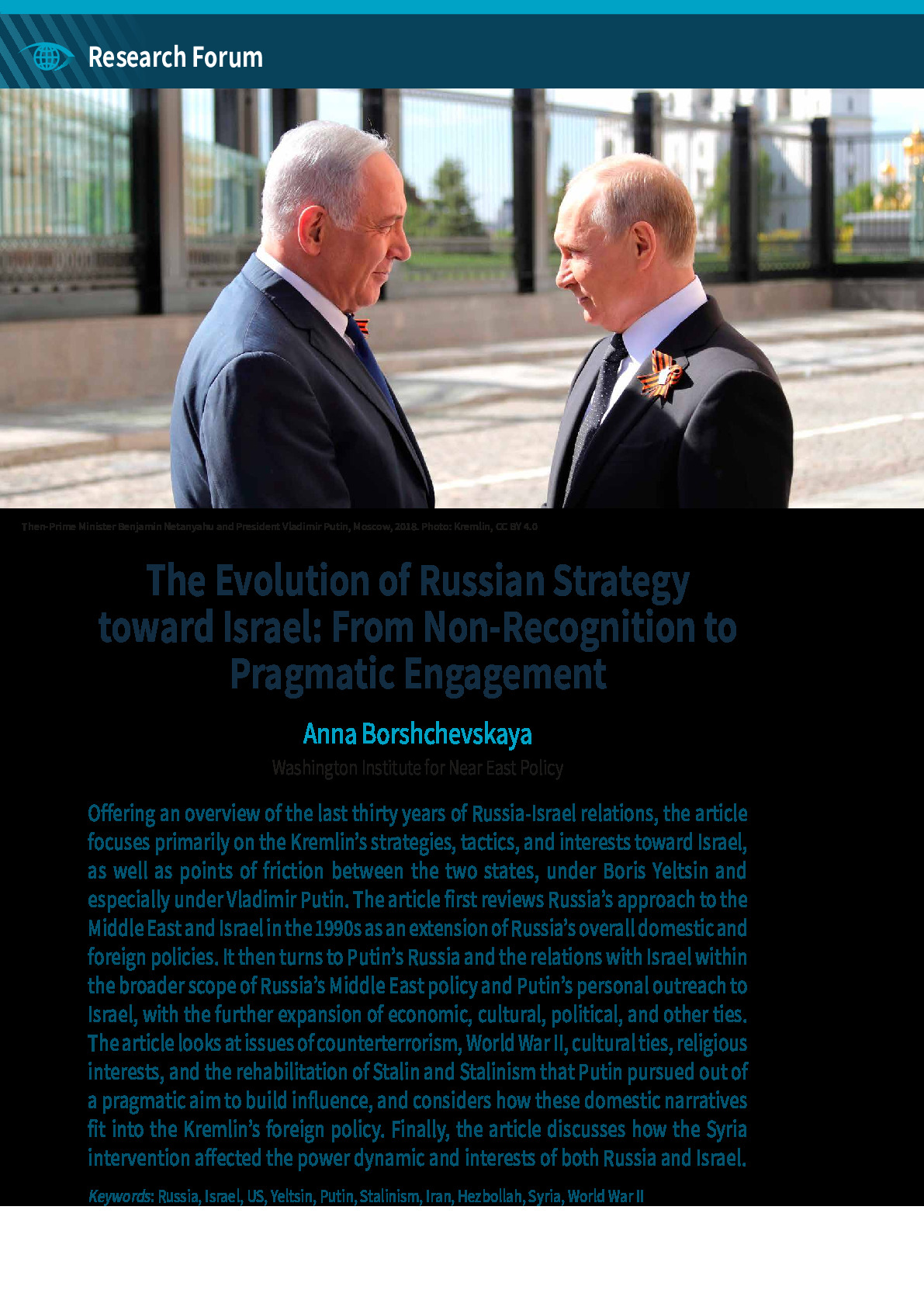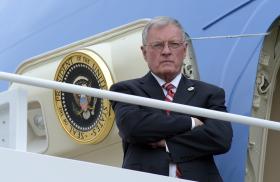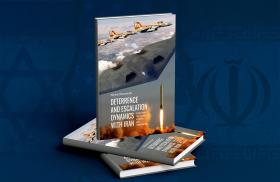
- Policy Analysis
- Articles & Op-Eds
The Evolution of Russian Strategy Toward Israel: From Non-Recognition to Pragmatic Engagement
March 2022
Also available in
Also published in INSS Strategic Assessment





